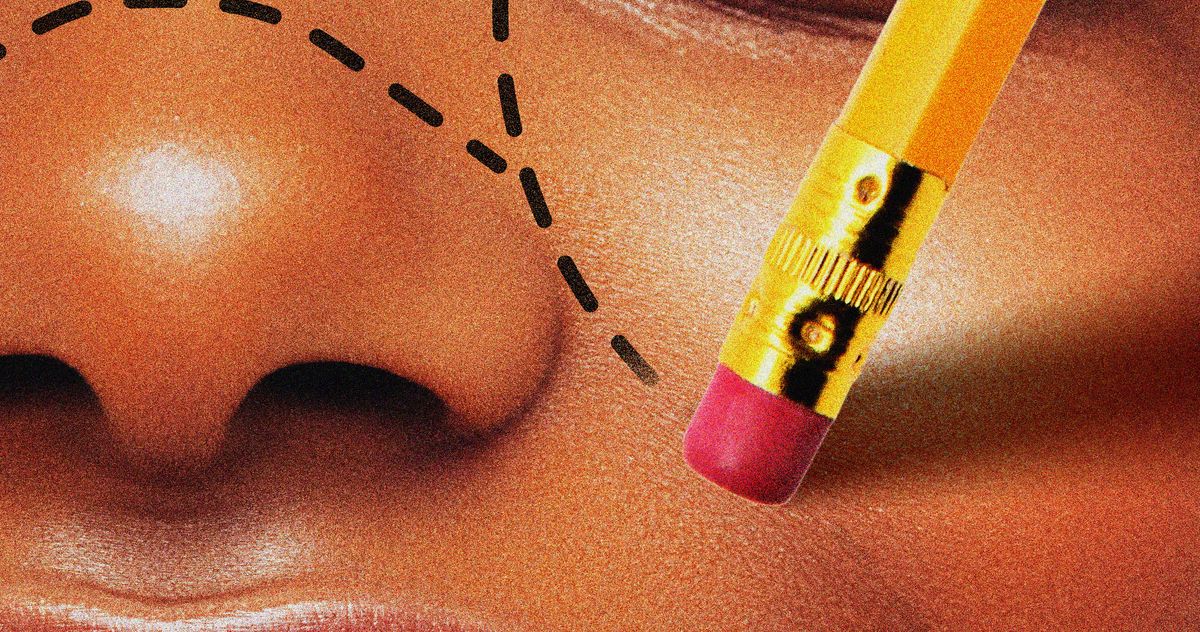The ‘Glow Down’ Is the New Glow Up

🌈 Abstract
The article discusses the "glow down" trend, where some creators are reversing their previous "glow up" efforts, such as skin care routines, cosmetic procedures, and lifestyle changes, after realizing the negative impacts on their mental health and well-being.
🙋 Q&A
[01] The 'Glow Down' Is the New Glow Up
1. What led some creators to pursue a "glow up" initially?
- Creators like Alivia D'Andrea pursued a "glow up" in their late teens/early 20s to address physical changes like acne and weight gain, with the goal of improving their appearance and regaining the "peak" of their high school years.
- Others like Cherry Tung and Amy Chang pursued "glow ups" to meet societal beauty standards, including getting nose jobs, fillers, and other cosmetic procedures.
2. What were the negative impacts of the "glow up" pursuit for these creators?
- Alivia D'Andrea felt she neglected her true self and became depressed when she couldn't maintain the "glowed-up" version of herself.
- Cherry Tung regretted the time, money, and pain she went through with multiple nose job revisions, only to have her appearance change minimally.
- Amy Chang experienced facial changes like volume loss and sagging after Botox and fillers that she struggled to correct.
3. How are creators now reversing or "glowing down" from their previous "glow up" efforts?
- Creators like Haley Pham are taking out piercings, stopping hair dye/extensions, and focusing less on appearance-related changes.
- Chrissy King has shifted to a more balanced routine, going to the gym 2-3 times a week instead of obsessing over self-improvement.
- The creators aim to accept their natural selves and focus on more well-rounded pursuits beyond physical appearance.
[02] Shifting Perspectives on "Glow Ups"
1. How does the messaging differ between "glow up" and "glow down" content?
- "Glow up" content tends to focus on drastic physical changes that garner attention, while "glow down" content aims to counterbalance this by promoting self-acceptance and a more balanced lifestyle.
- Some are concerned that the term "glowing down" still feeds into the "glow up" ideology, but creators like Alivia D'Andrea see it as an important message for those starting their own "glow up" journeys.
2. What factors have contributed to the rise of the "glow down" trend?
- Creators have realized the negative mental health impacts and futility of constantly pursuing physical "improvement."
- Major life events like the loss of a parent or divorce have helped shift perspectives and priorities beyond appearance-focused self-improvement.
- There is a growing awareness and acceptance of body positivity and the fragility of life beyond the pursuit of the "ideal" appearance.
Shared by Daniel Chen ·
© 2024 NewMotor Inc.